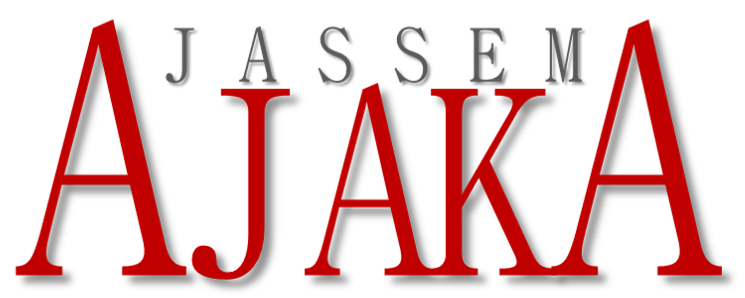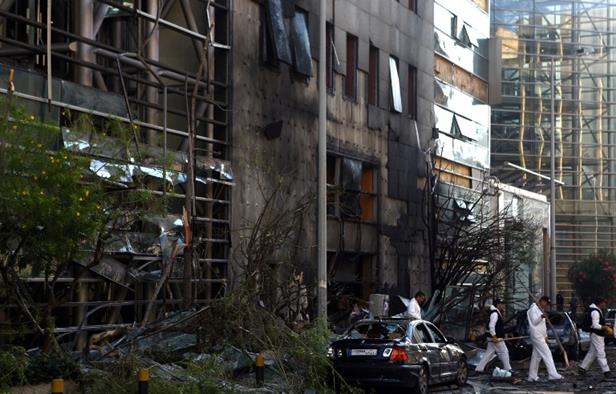jassemajaka@gmail.com
Lebanese Banks: Comply or suffer the consequences
An explosion that targeted a Lebanese bank may be part of an ongoing struggle between the Central Bank and Hezbollah over US legislation targeting the group’s finances
Amin Nasr & Ranya Radwan: On Sunday, June 13, a powerful explosion from a 15 kilogram explosive device, which was planted in a flower pot in front of BLOM Bank’s main branch in Verdun, rocked Beirut. The bombing did not resemble previous explosions that targeted Lebanese politicians or the deadly attacks that claimed hundreds of lives in the southern suburbs of Beirut.
Was this explosion meant to convey a message? The explosion took place on a day when banks were closed and during Iftar time, when Muslims go home to break their fast during Ramadan. Furthermore, the explosion comes amid the on-going debate and growing tensions between Hezbollah and the governor of Lebanon’s Central Bank Riad Salameh over the US-Hezbollah International Financing Prevention Act, a law signed into effect by US President Barack Obama last December.
The act that holds a raft of heavy sanctions for banks caught doing business with any organization and individual affiliated directly and indirectly to the Party of God anywhere on the globe. In response, the Central Bank governor, in an effort to safeguard the economy and follow international financial laws, recently issuing circular No. 137, calling on all Lebanese banks to abide by and apply the US act. Hezbollah then countered by decrying the Central Bank circular as a war of elimination and demanding adjustments to the decree. Salameh later announced the banks that they should obtain approval from the Central Bank and offer justifications before resorting to closing any account allegedly linked to Hezbollah. “The law cannot be changed, it is an American law aimed to be applied within the US banking system. It is not directed against Lebanon but it is clear that Lebanon has the biggest role in applying it because the concerned organization (Hezbollah) is Lebanese,” Wissam Fattouh, Secretary General of the Union of Arab Banks, told NOW.
Lebanon’s banking sector has two choices: comply with or defy the US-Hezbollah International Prevention Act, both of which could have severe repercussions on Lebanon.
If the banking sector continues to abide by the US Act, closing official Hezbollah-linked accounts, then it will maintain its good standing with the international community but will still have to deal with Hezbollah’s ire. Economist Nassib Ghobril trusts that the banking sector will remain resilient and adapt to any situation, “The Lebanese banking sector proved from 1975 to 1990 that it is capable of acclimatizing to the lack of political stability and security and its repercussions, such as decrease in growth or declining credit opportunities.” Ghobril added, “The proof is the banking sector’s assets that totaled $188 billion in April 2016, which is equivalent to 360% of the GDP, and is one of the highest ratios in the world.”
If Lebanon’s banking sector chooses to defy the US Act it risks international financial isolation, which “could cripple Lebanon, since the banking sector finances the state and private sector,” according to economist Jassem Ajaka. Ajaka also asserts that Hezbollah is aware of the risks associated with not implementing the legislation. However, Hezbollah has called for the annulment of Circular No. 137 and is demanding the implementation of the “agreement it had allegedly reached previously with Governor Salameh, under which accounts held in Lebanese liras, as opposed to US dollars, would be exempt from closure, and banks would be required to get approval from the Central Bank prior to taking any action.”
It is still not clear whether or not Lebanon’s banking sector can reach an agreement with Hezbollah, but according to Ghobril, “In the coming days the credibility of Lebanon’s banking sector and the ability of the Central Bank to strengthen the monetary, financial and economic stability will remain in place.”


